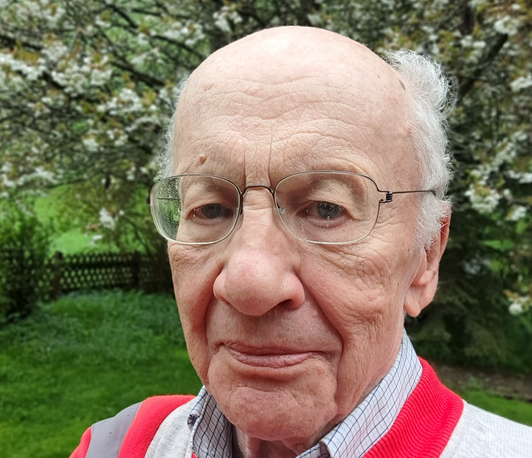Fusion start-ups - A broad range of alternatives
Institutskolloquium
- Datum: 19.01.2024
- Uhrzeit: 10:30 - 12:00
- Vortragender: Prof. Dr. Karl Lackner
- Karl Lackner is Emeritus Scientific Member of the Max-Planck-Institute for Plasma Physics. For biographical details see https://www.ipp.mpg.de/1084867/lackner
- Ort: IPP Garching
- Raum: Arnulf-Schlüter Lecture Hall in Building D2 and Zoom
- Gastgeber: IPP
- Kontakt: karl.krieger@ipp.mpg.de

In recent years, a number of privately financed companies have sprung up with the aim of commercial realisation of fusion energy on a significantly faster time-scale than the "mainstream effort", spearheaded by ITER and NIF. Since a few years a small group at IPP keeps a watching brief on those alternative approaches to magnetic fusion not based on the tokamak or stellarator principles of confinement. These frequently try to revitalize concepts abandoned during the early years of fusion research. We report on those, for which an arguably game-changing idea justifies a new evaluation. The practical use of (terrestrial) fusion energy requires the simultaneous satisfaction of a set of distinct physics criteria, and - of course - the solution of equally demanding technology requirements. These have an inherent hierarchy, which precludes effective research on some of them (e.g., confinement) before others (e.g., equilibrium and stability) are positively resolved. Also, only to a very limited extent poor performance with respect to one problem area can be compensated by excelling in another one. In this sense, today's mainstream survivors - tokamaks and stellarators - are compromises, aiming at a satisfactory solution to all, rather than record performance with respect to one criterium. Most alternative concepts, on the other hand, are motivated by excellence in one particular area and naturally focus presentation of their work in this. We will complement their reports by pointing to the issues we expect most difficult to resolve by their respective approaches in view of the holistic nature of the target of fusion research. The proposals we will discuss are those of General Fusion, TAE, Helion Energy, ZAP, MagLIF, Lockheed Martin and Polywell / EMC2.